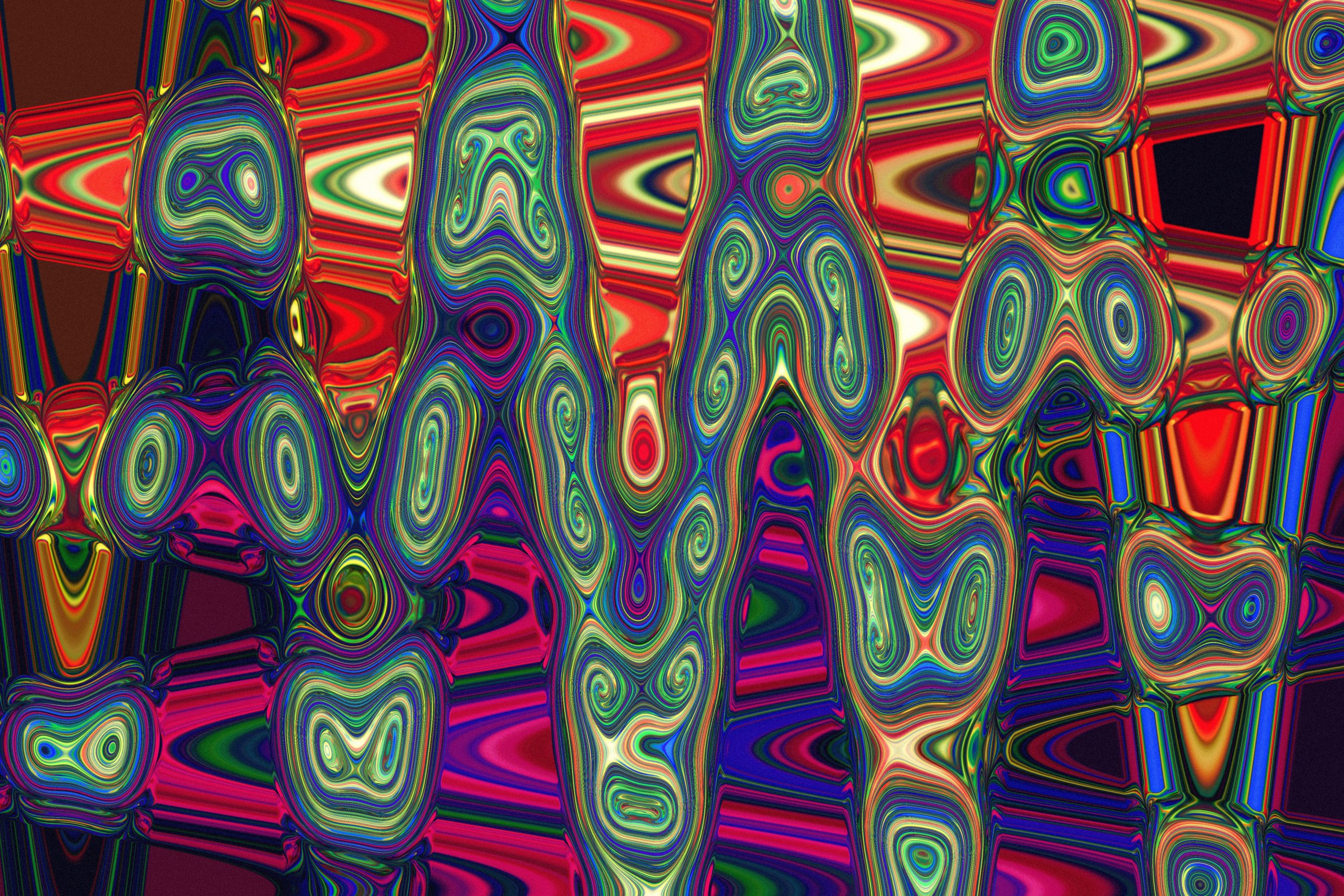The name “Zack Snyder” evokes a range of emotions, depending on the person: boredom, excitement, dashed hopes, bewilderment. Many of those emotions apply to his latest project, an animated adaptation of Norse mythology that, for reasons I still can’t determine, ends in part with a sequence in which Jesus Christ himself flies off the cross over modern-day Manhattan as Odin kneels before him. It’s a cold comfort that what came before didn’t make much sense either.
“Twilight of the Gods” follows Sigrid (Sylvia Hoeks), a fiery half-giant warrior, whose wedding to Leif (Stuart Martin), King of the Völsung, is interrupted by an unannounced visit from Thor (Pilou Asbæk), god of thunder. Convinced his brother Loki (Paterson Joseph) hides among them, Thor demands the villagers surrender the trickster god. The wedding party has no knowledge of Loki being among them, and refuses, saying they fear no gods. In a disproportionate show of wrath Thor kills everyone he sees and sets their dwellings ablaze. Leif and Sigrid survive; the latter, now an orphan (her village was hosting the nuptials) vows that her spear will be the last thing Thor sees before he dies. Thus ensue eight 30-minute episodes of copious bloodshed and minimal storytelling.
If this sounds slightly reminiscent of “Game of Thrones,” that feeling isn’t likely to go away over the course of the season. The entire plot feels as though the writers were checking off a list of elements found in the HBO series: incest, check. Blood and guts spilling out of slashed bodies, check. Dragons, check. Such elements may have been shocking, or at least new, when much of the world tuned in on Sundays to follow the Starks, Lannisters, and Targaryens, but they now read as rote and predictable. “Twilight of the Gods” features far more female nudity than male, despite purportedly being a female-forward rendition of a masculine-heavy school of mythology. Even the plentiful sex scenes, no doubt designed to thrill the fifteen-year-old boys that comprise Snyder’s fan base, are strangely self-conscious, as if their mere edgy existence is supposed to supply the substance the scene itself cannot.
If there is anything worthy of the audience’s attention, it’s the voice acting, which deserves better visuals. Paterson Joseph shines as Loki, at once cold and elegant, hiding an iceberg of grief and loss under his charming exterior. The band of warriors Sigrid assembles, including Andvari the dwarf (Kristofer Hivju), Egill the poet (Rahul Kohli), Seid-Kona the sorceress (Jamie Clayton), and Ulfr (Peter Stormare) (it is completely unclear to this writer whether this entity is a man in a wolf’s attire or a wolf who has merged with a man, or neither, or both) do their best to elevate the meagre material.
Kohli’s voice, in particular, lovely but not without pathos, tries to lend a lightness to the increasingly leaden proceedings; Hivju’s deep, resonant bass, cut through with crustiness, aligns well with his role as an ancient blacksmith. Alas, their roles exist merely to provide exposition for the warriors’ quest, with rudimentary background information about what led them to join this, if you will, suicide squad. The writers want the viewer to care for this group of ragtag soldiers, but there is no real reason why they should.
The animation style, too, is unremarkable. This palette of yellows, blues, and greys, blended with slow-motion capes fluttering in the air as warriors leap to kill, would have been considered noteworthy for an animated series on the WB in the early aughts. Now it smarts of laziness. And because there’ i’s nothing groundbreaking or interesting about the artwork’s simplistic angular dimensions, the onus on the writing to pick up the slack is even greater. But neither the writing nor the direction can rescue “Twilight” from itself.
The music is supposedly composed by Hans Zimmer, but it does not grip the viewer in anything resembling the excitement of “Interstellar” or, say, “The Prince of Egypt.” In fact, the soundtrack features a country & Western cover of MC Hammer’s “You Can’t Touch This,” set to a montage of Thor’s daily debauched existence, including domestic violence and walking in menstrual blood. My notes simply include a long line of question marks.
Blood, gore, and sex are by no means unusual elements in modern adult animation. Excellent examples of violent imagery that didn’t sacrifice storytelling include Genndy Tartakovsky’s practically dialogue-free “Primal,” a major subplot of which was, in fact, a vow to avenge a massacre. One could argue that a retelling of Norse mythology, intended for adult audiences, requires a longer runtime to let the stories breathe. Still, no episode of “Primal” exceeded the 30-minute mark, and tears were guaranteed in many, if not most, of them. Whatever you’re looking for from your next adult animation binge—profundity, thrills, shock—you’re not likely to find it from Zack Snyder.
Entire season now streaming on Netflix.




